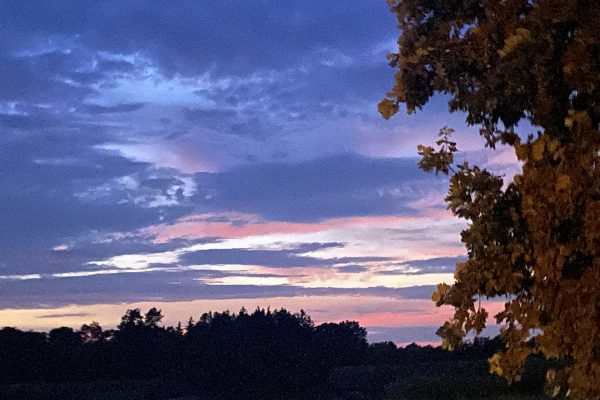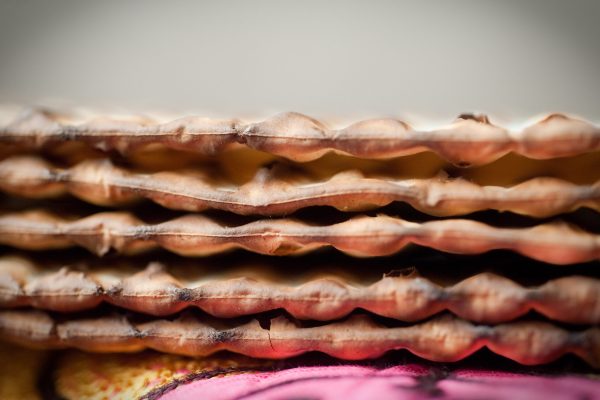This prayer was originally written for the vote that took place January 9, 2011, when Southern Sudan voted in an historic referendum on independence from Sudan. In 2005, after over 20 years of brutal civil war that killed approximately two million people, the Sudanese government in Khartoum and the government of Southern Sudan signed a peace agreement stipulating that this referendum would take place. It was almost certainly that the vote would result in the formation of a new state in Southern Sudan. However, many challenges remain unresolved, such as the division of oil revenues and border demarcation. These challenges create the distinct possibility of a return to violence. The Jewish community has been a leading voice in calling for peace in Darfur, Sudan’s western region, as well as in advocating for peace throughout the country. Let us take a moment for Sudan, at a crucial time when the region needs all of our prayers for peace to ensure that debilitating violence does not erupt once again.
Merciful God, spread over our brothers and sisters in Sudan your sheltering tabernacle of peace.1 Let their moment of choice2 not become a moment of fear and bloodshed; protect them as they make their voices heard.3 Guide them in their choices and actions, so that they can together lay the foundations of peace and stability. Help them to create a land where there is a home for every citizen, inspired by the knowledge that all human beings are created in your image.4 Bless them as they build a community where all people are rich in their happiness with their portion,5 where there is plenty and prosperity for all. Fulfill the words of your prophet “For the work of justice shall be peace, and the effect of justice, calm and confidence forever.”6 Help us, the members of this holy congregation,7 to have the strength and awareness to keep our brothers and sisters in Sudan in our prayers and actions, along with all those who are downtrodden and vulnerable in our own communities and across your great creation. And let us say, Amen
1 From the traditional evening liturgy.
2 Inspired by Rabbi Eliyahu Dessler’s concept of “Bechirah point,” or turning point of defining choice.
3 Inspired by Genesis 21:17, Samuel 1 1:11, and the traditional weekday liturgy.
4 Genesis 1:26.
5 Pirkei Avot 4:1.
6 Isaiah 32:17.
7 From the traditional Shabbat morning liturgy











